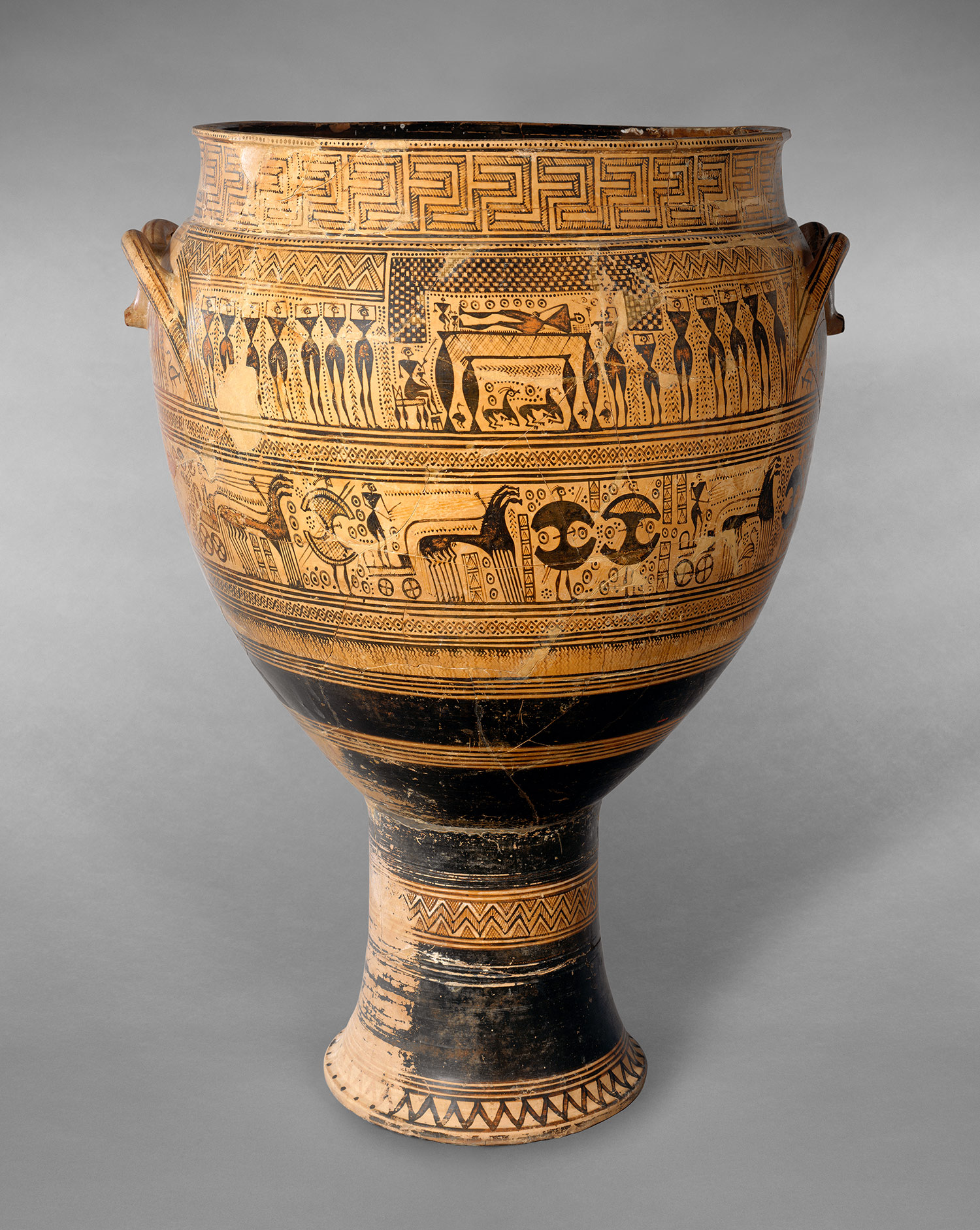What is the difference between the liberty of the
ancients and the liberty of the moderns? What would moderns find
lacking in ancient liberty?
The ancient view of liberty, that is, the idea of
liberty that was prevalent in Greek city-states (most notable Athens)
paints a very different picture of liberty than the one that we as
modern individuals hold today. In fact, one could say that the
ancient Greeks had an idea that is fundamentally opposed to our own
ideas on what it means to be free.
For the ancient Greeks of Athens, freedom and liberty
were synonymous with government and community, as in "The
freedom of the city to make decisions about its running for itself,
and the freedom of the citizens to participate in the city's
decisions." Every male citizen of Athens was allowed to play a
direct part in the government, allowing every citizen to help rule
the community. This was the Greeks' idea of freedom – city-state
autonomy, run by the people.
Our idea of freedom, however, is much different. We
believe that every individual has inalienable rights, rights that
cannot be taken away by any man or government, and our freedom allows
us to do essentially as we please without infringing upon others'
rights and freedoms. Our liberty is focused on the individual, while
the Greeks' liberty was focused on the community – to the point
where a citizen could even be banished from the city, guiltless of
any crime, as long as enough citizens with their idea of community
freedom decided he was too much of a problem to keep around and voted
him out: "The good of the one for the good of the many."
Plutarch tells about an important episode in
Alexander's life. What characteristics is it intended to show?
Plutarch tells a story about a young Alexander, son of
Philip of Macedonia, watching a horse be trained by his father's men,
who are unsuccessful even after many attempts to break it. Finally,
when Philip's men had given up on the horse and the king had decided
to sell it, Alexander stepped up to ask his father if he could try
breaking it. Naturally Philip was displeased with Alexander's
request, thinking that his son was being arrogant by not heeding the
example of his elders, who had all failed to break the horse.
Alexander insisted, however, and was given the chance to try training
the horse.
To everyone's astonishment, Alexander succeeded.
Philip was amazed and, Plutarch says, told his son to "Seek
another kingdom, my son, that may be worthy of thy abilities; for
Macedonia is too small for thee."
Plutarch uses this story to illustrate Alexander's
independence and bravery in standing up to his father, which are both
important parts of his character that eventually help shape his
conquest of the known world.
